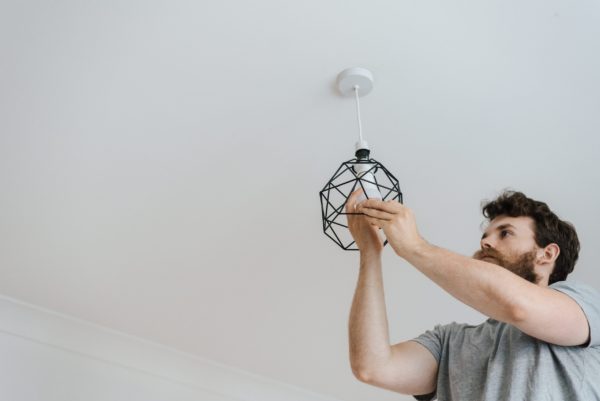Saving energy at home is always a hot topic – who doesn’t love keeping more money in their own pocket? Yet a house isn’t the only type of building out there that could benefit from cutting down on energy use. From libraries to schools to businesses, there are all sorts of places that could use a few tips.
Lights
A lot of offices nowadays have occupancy sensors and/or timers on their lights. These can be extremely helpful in cutting lighting usage by a good amount. If someone forgets to turn off the light when they leave a room, or they know that no one will need to access the restrooms before or after a certain time, hours of energy could be saved by making sure lights are only on when needed.

Outdoor lighting, whether for signage, pathways, or other requirements, should be turned off during the day. When the sun is out, there’s little need to waste energy on making them more visible. These kinds of lights could also benefit from being on a timer, turning on close to sunset and off close to sunrise so that no one has to be there at dusk or dawn to help save energy.
Ideally, all of the lightbulbs will be LEDs rather than incandescent or fluorescent, and same with any tubes or fixtures. LED lighting consumes much less energy than the other types, and it’s an easy way to save. Of course, if you’re in a building that you’re renting or otherwise don’t have control over what’s used, you’ll need to ask before you change anything. Still, it’s worth the effort, and will be valuable in the long run.

Electronics
You can save up to 10 watts of energy for every electronic device that’s not in use simply by unplugging them. It’s also a good idea to turn off extra power strips. This way, the office or whatever other building you’re in won’t become a victim of “vampire power”, in which something that appears to be off is still sucking power from the grid.
With any computers (and monitors, if separate), make sure they’ve been set to sleep after they’ve been idle for more than a few minutes. The amount of time is up to you, but the less that your screens are on, the better. Turn off your equipment each night and on weekends for even more savings. These may seem like little changes here and there, but they all add up over time, especially if everyone in the building follows through!

Cooling and Heating
There are plenty of ways to save on cooling and heating, many of which are the same as or close to what is done for residential energy. Many buildings nowadays have a smart thermostat, so if yours isn’t already at least programmable, it’s time to update. A recommended temperature to keep the building at during the summer is no less than 78°, as each degree cooler could increase the energy bill by 6-8%. Turning it up to at least 85° during nights and weekends can help that much more. During the winter, you do the opposite: keep the building at 68° or lower during the day, and at 55-60° during nights and weekends. With the air conditioning unit not having to work as hard, you’ll save both energy and money.
Fans, whether little ones on your desk, big ones on the ceiling, or medium ones standing on the floor, are good in any warm situation. Using fans can make a room feel 4 to 6° cooler, without the cost of an A/C having to turn on and do the work.

Another simple solution to beat the heat involves little things that everyone can take part in. Making sure doors to the outside and any window coverings are closed as much as possible – plus keeping your outside AC units under shade – may seem insignificant but add up over time just like any other tip on this list.
Water Heaters
An often-forgotten energy user, the water heater, is another easy task to take care of. Depending on the climate of your area, you might need to set it warmer or cooler, but around 120° is recommended. Make sure to be vigilant for any leaks, namely on warm-water faucets. Other than the obvious waste of water, the drain on the heater also makes it work harder to warm up more. Give it a chance to relax and save yourself some money!

Conserving energy is as important in any building as it is in your home. If your business is saving money on utilities, then so are you! These days, any actions that can be taken to help both the environment and your wallet are worth taking. No matter where you work, these tips can improve the building’s budget. And who knows, you might inspire your coworkers to reduce their personal energy consumption as well!




